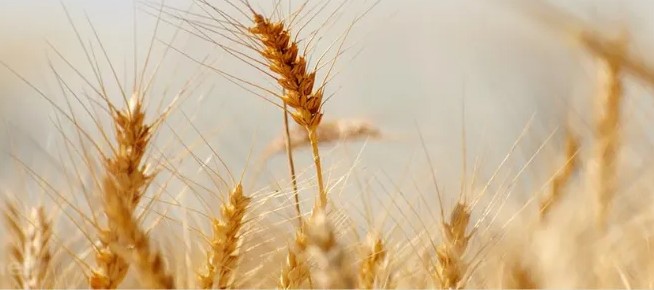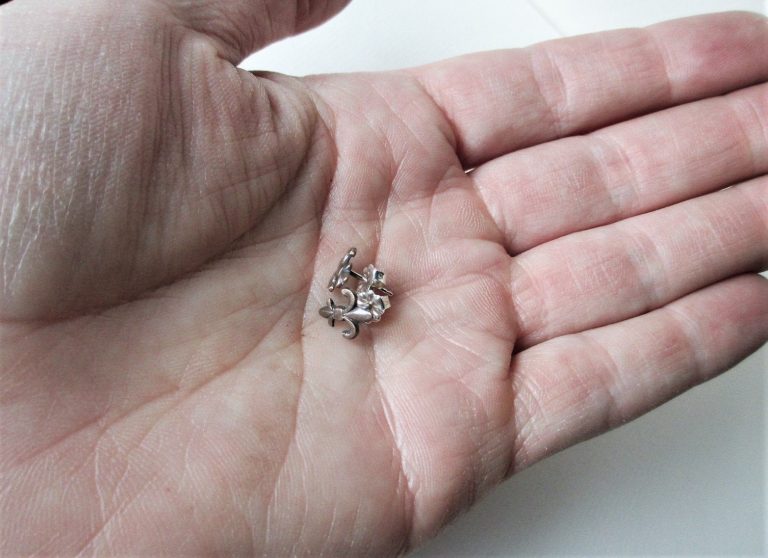Reap What You Sow Sparingly or Plentifully
Having heard this phrase on so many occasions, we have taken it upon ourselves to carry out an in-depth investigation regarding the fact that everyone Reaps what they Sow ; In this way, we invite you to start reading this article so that you are able to sow and reap excellent things.
A man reaps what he sows
It is known that what is sown is reaped , but do you really know the proper way of operating this very successful mechanism? For years, this popular saying has been mentioned, being expressed in different versions but always referring to the same thing: you reap what you sow.
Thanks to this, it is important to think a couple of times before carrying out any action because no matter how insignificant it may be, in the future, whether near or far, it will appear again; rewarding you or disgracing you. In case you want to know much more about the correct functioning of this saying, we invite you to continue reading this great article.
What goes around comes around
Based on the words described in the bible, do you Reap what you Sow ? it is known that the principle of sowing and reaping becomes quite common throughout the Bible because of course, it is something that humanity could relate to.
The practice focuses on working the land to then obtain a great harvest, becoming as old as humanity itself. Much of Adam’s curse is due to the fact that the earth will produce thorns and thistles in response to his work and that “by the sweat of his face he would eat bread” (Genesis 3:19 ). Adam understood the concept of “reap what you sow” completely literally and figuratively.
What does the Expression mean?
The expression of Reap what you Sow manages to be quite likely that it is referring directly to one of the two verses within the new testament. One of those mentioned is nothing more and nothing less than 2 Corinthians 9: 6 “He who sows sparingly will also reap sparingly; and he who sows generously, he will also reap generously »
Being the other Galatians 6:7 “Do not deceive yourselves; God cannot be mocked: for whatever a man sows, that he will also reap. As a general principle, it is true that sowing leads to reaping. It is true in agriculture, and it is true in the choices that are made in life. Therefore, it is biblical that “you reap what you sow”.
On the other hand, there are various verses of the Old Testament which refer to the principle that we reap what we sow «He who sows iniquity will reap iniquity» assures the prophet (Hosea 10:13) «They will eat of the fruit of their path, and they will be weary of their own advice,” says wisdom in Proverbs 1:31, and in each case, the law of sowing and reaping can be traced back to God’s justice.
More details
As long as such action is in force, the only spiritual principle that if we see ourselves sowing bad things, we will reap bad things, is also found in mercy. Kindly, not every time we will be able to reap what we have sown.
It is known that God reserves the right to show a little mercy to whomever He wishes, as He once hinted to Moses: “I will show mercy to whom I show mercy, and I will show mercy to whom I show mercy” (Romans 9). :fifteen). This cause of God’s mercy and compassion is what allows us to find a home in heaven, despite walking with sins.
Reap what you sow
Sometimes what appears to be a harvest is not; At the time when Job was suffering, each of his friends considered the fight as something just and a punishment from God for some hidden sin. On the other hand, Eliphaz, who was one of Job’s friends, announced: “As I have seen, those who plow iniquity and sow evil reap it” (Job 4:8); however, Elifaz was wrong.
Job was not reaping what he had sown because his harvest had not yet come and would not come until the end of the book (Job 42:10-17). Being able to experience some negative situations does not necessarily mean that we have seen ourselves sowing some negative things.
On the other hand, the beginning of the harvest and the beginning of the sowing, are generally true, more however, it is always found in each situation in the way that could be expected.
More to Know
It is correct that You Reap What You Sow, it is completely true in a positive and negative way. “For he who sows to his flesh will reap corruption from the flesh; but he who sows to the Spirit will from the Spirit reap eternal life” (Galatians 6:8). That verse aptly sums up the principle, when we become selfish, proud, unrighteous, sinful, and confident in our ability to save ourselves.
At that time we are “Sowing to the Flesh”, and destruction awaits us, but when we are altruistic, completely kind, generous and depend on the provision and salvation of God we are “Sowing to the Spirit” and we will reap the life eternal.
Faith in Jesus and the search for holiness is “Sowing to the Spirit”, sowing to the flesh, depending on each one of us and how our ability to correctly find our own path without the help of God is found, not will lead us to reap nothing but a wide dead end.
However, when we maintain our trust in Christ, we can reap the whole of life because his love functions exactly as fertile soil would.
For this reason, we invite you to reflect a little about the actions you have been carrying out over these days, thinking about whether you really find yourself sowing good things to reap equally good things. If you liked this article, we invite you to read this other one about the.

Hello! Let me enthusiastically introduce myself as a dedicated blogger fueled by an intense passion for meticulously crafting insightful and well-researched blogs. My mission revolves around providing you, dear readers, with a veritable treasure trove of invaluable information.







